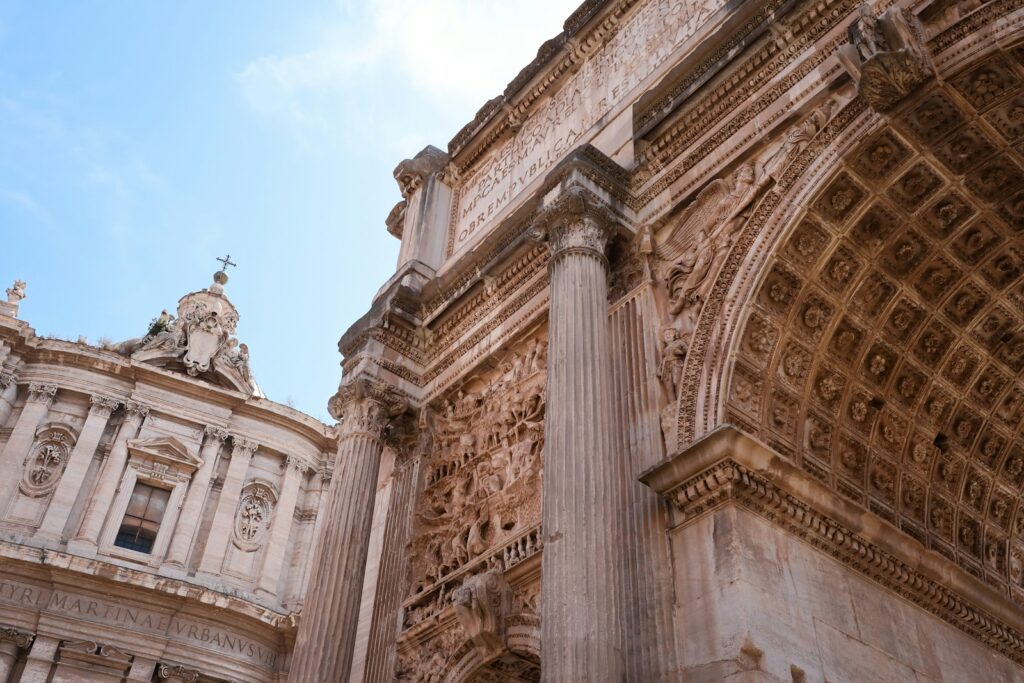ROME – A routine construction project in the heart of Rome has led to the unexpected discovery of what experts believe to be the ancient pleasure gardens of Emperor Caligula. As workers were digging for a new parking facility, they unearthed a series of remarkable archaeological features that are now the focus of scholarly attention.
The excavation site, located near the banks of the Tiber River, has revealed remnants of elaborate landscaping, including intricate pathways and carefully arranged plant beds. Historians and archaeologists are excited about this find, as it offers new insights into the opulent lifestyle of one of Rome’s most notorious emperors.
Caligula, who ruled from AD 37 to 41, is often remembered for his extravagant and controversial reign. The gardens, thought to be part of his lavish palace complex, may have served as a private retreat for the emperor and his guests, showcasing the wealth and power he wielded during his rule.
As researchers begin to analyze the artifacts and structures uncovered in the excavation, there is a renewed interest in reassessing Caligula’s legacy. Scholars are eager to explore how such discoveries can change the narrative surrounding his reign, which has often been characterized by tales of tyranny and excess.
The site is expected to provide valuable information about Roman horticulture and landscape design, shedding light on how emperors like Caligula utilized their gardens for both pleasure and political maneuvering. As the excavation continues, it promises to enhance understanding of not just Caligula’s life but the broader cultural context of ancient Rome, resonating with scholars and history enthusiasts worldwide.
Local authorities are currently working to ensure the preservation of the site while balancing the demands of urban development, highlighting the ongoing challenge of integrating historical heritage into modern city life. The discovery has ignited enthusiasm among the academic community, who anticipate that further research will yield more revelations about this intriguing period in Roman history.



